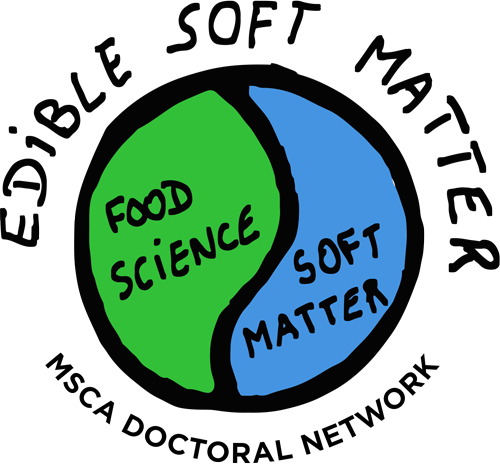IRP 10
PhD position in
Characterisation and modelling of the unique non-linear rheology of gluten
Candidates profile
- A successfully completed MSc degree before the start of this job in the area of physics, physical chemistry, material science, chemical engineering. Knowledge in soft matter, rheology or food science would be appreciated
- Experience of working in a lab is essential.
- Work in an independent and self-motivated manner
- A keen interest in both fundamental and applied research, especially related to the food transition.
- Appreciation for interdisciplinarity and proactive drive to collaborate across fields
- Proficiency in English, good communication skill and social competence
Hiring institution: CNRS
Enrolment in a doctoral programme of University of Montpellier (doctoral school I2S)
Supervision:
- Main supervisor: Laurence Ramos
- Co-supervisor(s): Amélie Banc (CNRS), David Fairhust (UEDIN)
Objectives:
- Understand the unique viscoelastic properties of gluten protein and gluten gels and unveiling of the relevant physical and chemical processes
- Propose a rational strategy for gluten-free materials with similar non-linear rheological properties
Expected results:
- Non-linear rheology of model gluten gels; impact of the deformation mode (shear vs extensional)
- Correlation with the sample multi-scale structure and impact of the different weak interactions at play
- Rational understanding of the strain-hardening of gluten gels
- Link between shear and extensional rheology result and baking properties of model systems
Planned secondments
- CARG (P. Smith) 1 month: extraction, fractionation and characterisation of industrial gluten
- UEDIN (D. Fairhust), 3 months: non-linear extensional rheology and structural characterisation using imaging methods
Hosting lab and working environment: The Centre National de la Recherche Scientifique (CNRS) is the largest public research organisation in France, accounting for around 1 100 services and/or research units throughout the country. As a multidisciplinary institution, it covers all fields of scientific research driving various programmes and actions designed to address society and industry expectations. The CNRS encourages collaborative projects and provides a strong administrative support to such projects. The hosting lab is L2C (Laboratoire Charles Coulomb). L2C, a Joint Research Unit between CNRS and University of Montpellier (UM), gathers more than 100 researchers in physics, nearly 50 technical and administrative staff members, and about 80 PhD students and postdocs. Research at L2C covers a very wide range of topics, from theoretical physics and astrophysics to soft matter physics, solid-state physics and biophysics. The Soft Matter Team (https://www.softmatter-l2c.fr/) is part of L2C, and is composed of 9 CNRS scientists, 8 faculty members, and about 20 postdocs and PhD students, working on both fundamental and applied soft matter research.
Type of recruitment: Full-time exclusive employment contract including full social security coverage
Foreseen start date: 1st of October 2025
Duration: 36 months
Hours per week: 38,5
Estimated monthly gross salary: 3 024 € (Including living and mobility allowances)
Application procedure: Candidates must submit their application via: the ESM Project website, and the CNRS job portal
Application deadline: 6th of June 2025
Contact for additional information: Laurence.ramos@umontpellier.fr
Application closed
